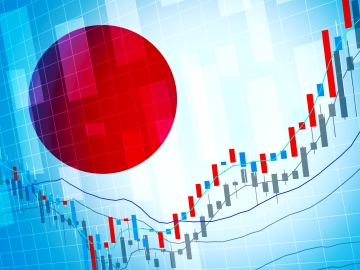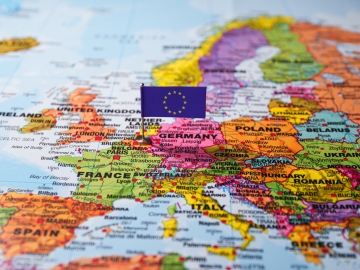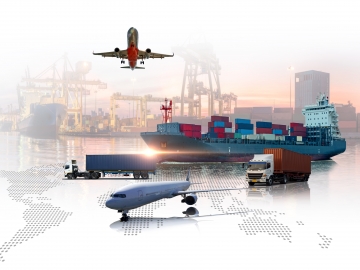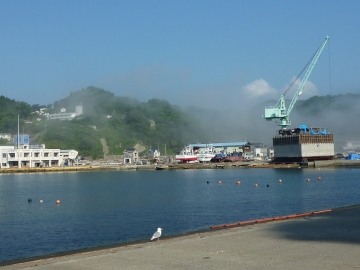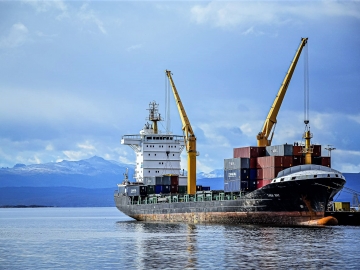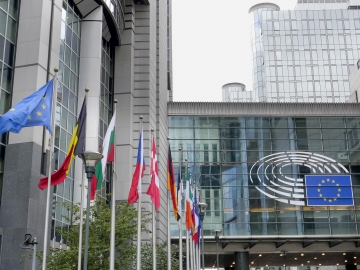Risks surrounding society are changing dramatically. Typical causes are the 4th industrial revolution, aging of society, and increase in catastrophes. It is necessary to conduct systematic and internationally comparative research to address these new risks.
First, in recent years, the Fourth Industrial Revolution, represented by IOT (Internet of Things) and AI (Artificial Intelligence), has brought about a major transformation of industry. On the other hand, these changes have also spurred the development of financial technology, known as fintech, which has had a significant impact on the financial industry.
For example, virtual currencies have become borderless and unsupervised, and composite financial products that transcend the boundaries of banking, insurance, and securities are being launched. This rapid development of fintech is making it difficult for existing supervisory regimes to protect financial consumers, and financial consumer protection in many countries is not keeping pace with the progress of fintech.
Second, Japan’s aging population has reached one of the highest levels in the world, with the ratio of elderly people aged 65 and over to the total population at 27.7% (2018). This places a heavy burden on social security, and various problems have erupted in the areas of pensions, medical care, and long-term care.
Third, Japan is a country prone to earthquakes and other natural disasters. These natural disasters have increased along with the size of the economy. In particular, earthquake disasters in Japan require urgent countermeasures. Unlike “mass risk,” which is homogeneous and independent of each other, such as human life and automobile accidents, natural disaster risk has a “non-mass risk” character in which the law of large numbers is ineffective. Although non-mass risk insurance is of great importance, research on it has been slower than on mass risk. By focusing on non-mass risk, we aim to expand the scope of insurance research.
Fourth, the environment of international trade is dramatically changing. Service trade has been increasing and digital trade has been spreading. Additionally, risks are increasing due to the changing payment methods for international trade, changing global value chains, the rise of neo-protectionism, climate change, and the outbreak of war. Therefore, international trade risk management is crucial for efficient and sustainable international trade in a rapidly changing economic environment. Furthermore, it is important to change and improve international trade risk management strategies in accordance with the current circumstances. This means the necessity to systematically organize international trade risk management and offer new insights on conducting such management.


